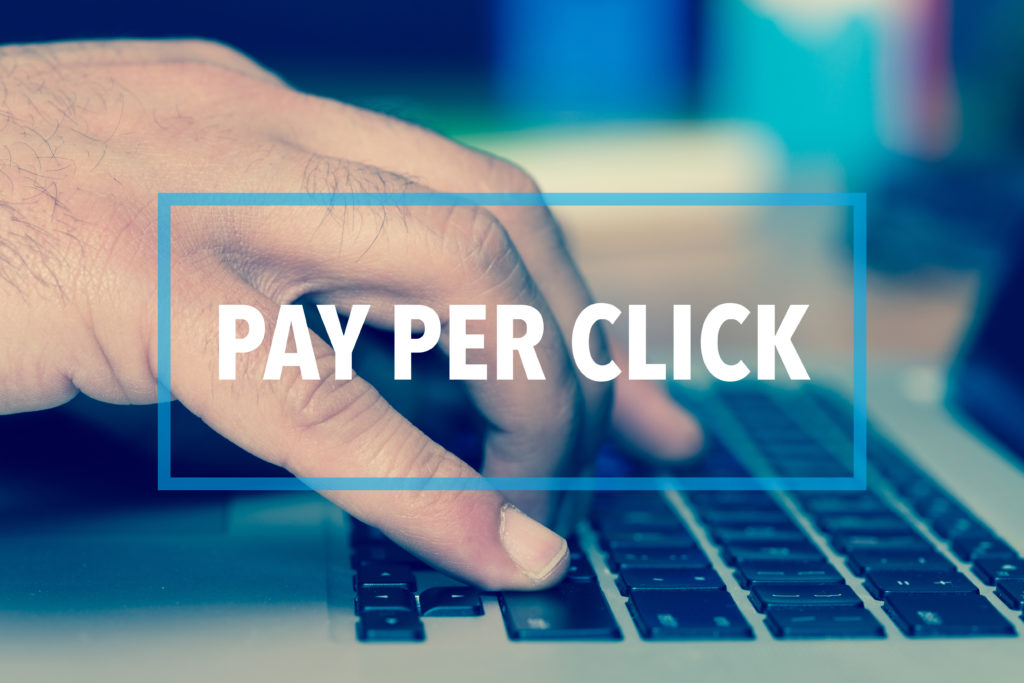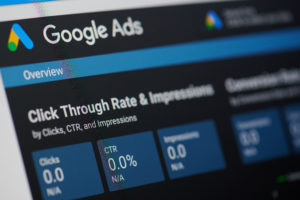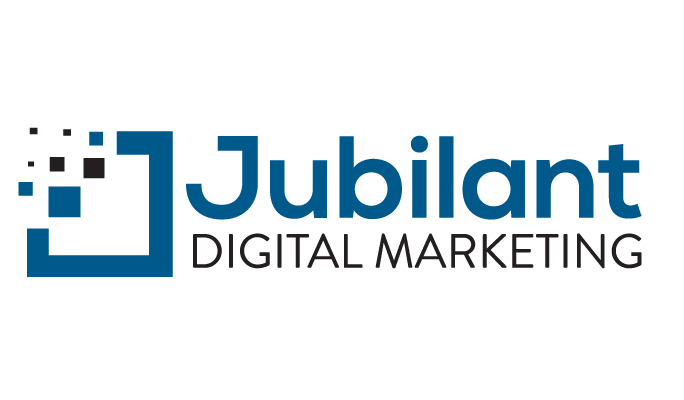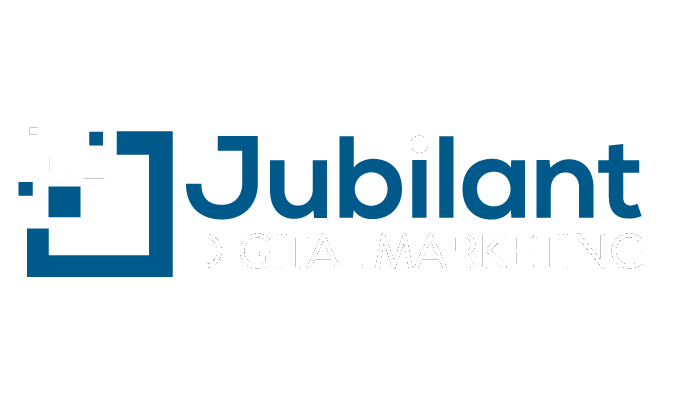A Beginner’s Guide to Pay Per Click Marketing

Pay per click (PPC) marketing is a powerful marketing strategy that helps companies generate thousands in revenue. However, like everything else, pay per click (PPC) advertising is a skill that takes time to learn, starting with the basic fundamentals.
Think about the first time you learned how to play a sport. The best example I can give you is going back to biddy ball (the fundamentals of basketball for elementary students). Before we could compete and dream of being an all-star, we had to start with the fundamentals like learning how to dribble, dribble without looking at the ball, passing, pivoting, and then eventually how to accurately shoot the ball.
Now you’re probably wondering how on earth do the fundamentals of basketball correlate to a pay per click campaign. Well, just like anything else:

“You must first learn how to walk before you can run.”
Many users jump straight into making PPC campaigns, and then they get frustrated when they don’t see the returns they were expecting. This is why knowing your fundamentals and having a firm grasp on how each element of the campaign works together is important because that knowledge will help you create a robust strategy that will lead you to a better return on investment (ROI).
By understanding how PPC works or outsourcing PPC campaigns to specialists like us, users will have a better chance of having a successful campaign.
How Pay Per Click Works:
When it comes to PPC, there are six key components that you need to understand to get started: strategy, advertisers, the middleman (or PPC network), publishers, the bidding process, and quality score.
1. Strategy

If you don’t have a goal in mind or don’t know which products and services are worth promoting, then you won’t have anything to determine the success of your PPC campaign. Just like everything else in marketing, PPC campaigns need a good strategy. What are your goals? Who are you targeting? Which products or services that you offer will lead to the most ROI? Creating a strategy with these questions in mind will also help you when it comes to the bidding process and measuring your quality score, which we will explain the bidding process and quality score later in this blog. If you aren’t sure where to start or how to build a specific strategy for a PPC campaign, this is where working with agency Advertisers will come in handy.
2. Advertisers
Advertisers are agencies, businesses, or individuals who use PPC to promote products or services. They pay the PPC Network to display advertisements on the Network. Whenever a visitor clicks on the ad, the Advertiser is charged money by the Network. This is where the term “pay per click” comes from.
3. Networks

Networks are the platforms where the ads are bought, and the advertisers display the ads. A few of the most common examples of Networks are Google Ads, Bing Ads, and Facebook Ads. Advertisers are charged by the Network every time an ad is clicked. The amount the Advertiser gets charged depends on things like the keywords that are targeted and the competition. This could be anywhere from a few cents to tens of dollars for each click.
4. Publishers
Publishers are individuals who work with PPC networks to earn revenue from displaying adverts. Almost all Publishers own a website that can show adverts on. When website visitors click on the adverts, Publishers receive a portion of the revenue. For search campaigns, the amount of income received depends on what keyword the user clicked on and what the average bid of that keyword was. Keywords are important for display ads but work differently; the Network will find relevant Publishers that include your keywords as well as relevant audiences that are interested in those keywords. Many PPC networks introduce Publishers aiming to increase the Network and audience; by having the ads displayed on more websites, apps, and videos, a more thorough range of users can be reached.
5. The Bidding process
The way a Network determines the cost to the Advertiser for each click can be a complicated process. A ubiquitous keyword and one that has a lot of competition from many Advertisers will be a lot more expensive per click than a keyword that isn’t commonly used. Also, there are a limited number of advertising slots available on each web page. This makes businesses compete by bidding to claim their spot. This is why bidding is so important. Depending on the keyword that’s chosen to bid on, the Advertiser can also bid for the placement of the ad. It’s important to note that bidding for the number 1 placement is not always worth it. It’s still possible to have a successful campaign by being in a lower position, like 3 or 4. By having a lower position, you will pay a lot less than the number 1 position and will still receive relevant clicks.
When Advertisers create PPC campaigns, they get to choose between having advert displayed on the Network or displayed directly through the publisher. While using Publishers can be cheaper, it can also lead to more work and time because of negotiations.
6. Quality Score

The last fundamental to consider when creating a pay per click campaign is the quality of the ad. The Quality Score is Google’s way of rating the quality and relevance of the ads displayed. It’s used to determine the cost per click, and also the ad position. A good quality score can be the difference of paying a small Cost-Per-Click (CPC) over a large CPC. To increase the chances of having a good ROI and a successful ad campaign, it’s important to make sure the ads have a good Quality Score. This is accomplished by having a relevant ad and relevant keywords. A good Click-Through-Rate (CTR) and a quality landing page will also pay off in the long run.
These six fundamental components are a great way to get your PPC campaign started. However, there are several moving components and factors that can make or break your campaign, which we will get into at a later time. So, you’ll have to come back if you want more of the nit-and-gritty details of what makes your campaign successful.
If you are new to PPC or have considered it for your business, then getting in touch with a company that specializes in this profession can be very helpful. Outsourcing to a team of PPC advertisers for your pay-per-click marketing strategy will help you get your campaigns started the right way and give you more potential for a better ROI, which will help your business succeed.






